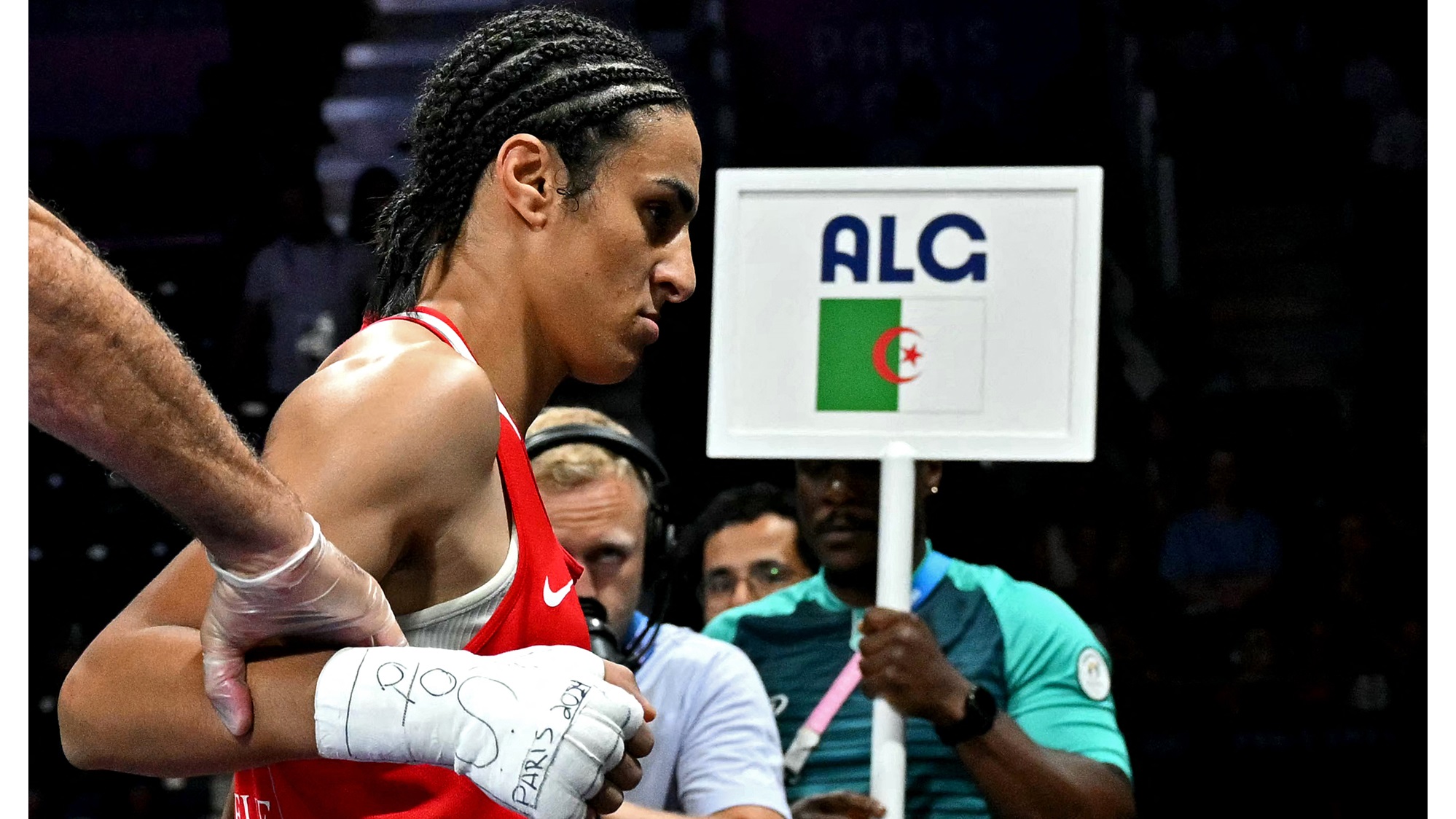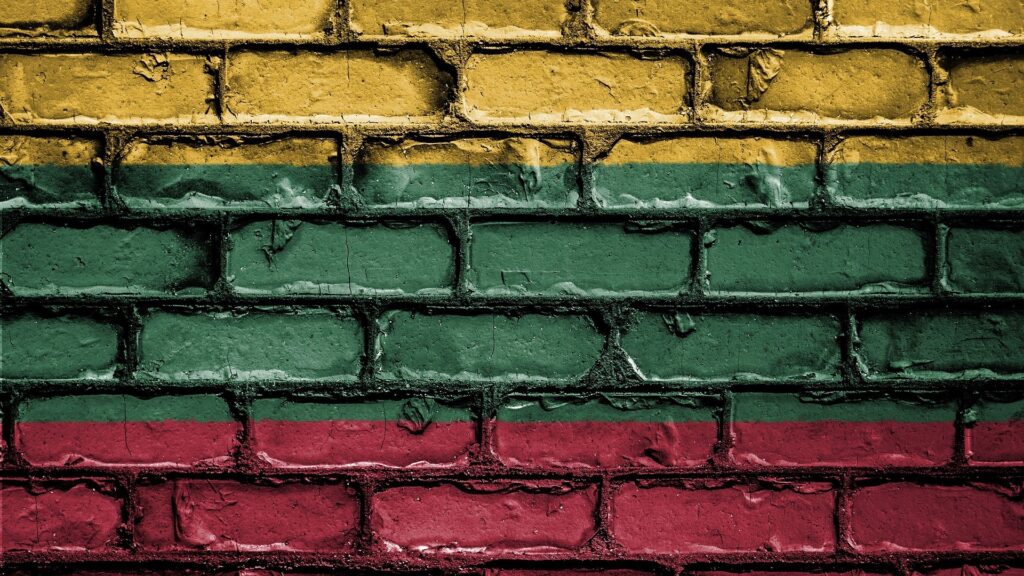Imane Khelif, a 25-year-old amateur boxer from Algeria will be facing Luca Hámori, the first ever female boxer to qualify for the Olympic Games from Hungary, in the quarter-finals of the 66 kgs (145 lbs) women’s boxing event at the 2024 Olympics in Paris, France.
This may sound like a not-so-exciting piece of news. However, Khelif has garnered a huge amount of international media attention due to the controversy surrounding them. The contentious issue is that Khelif had been previously disqualified by the International Boxing Association (IBA).
While most reports initially claimed the athlete had been excluded for having a testosterone level over the limit allowed in the women’s competition at the Women’s World Boxing Championships in New Delhi, India last year, the IBA clarified in a statement that Khelif had not undergone a testosterone test, rather
‘failed to meet the eligibility criteria for participating in the women’s competition, as set and laid out in the IBA Regulations.’
Apparently, Khelif has XY chromosomes.
However, the International Olympic Committee (IOC) does not recognize IBA as an official sports governing body, so Khelif, along with Lin Yu‑ting of Taiwan who had not been allowed to compete in the world championships for the same reason, was permitted to take part in the competition in Paris.
The Algerian athlete overcame their Italian opponent Angela Carini in just 46 seconds, who broke down in tears in the ring after giving up the match. Carini later claimed that she had never been punched that hard before in her career. She has also stated about her match against Khelif:
’I’m a mature woman. The ring is my life. I’ve always been very instinctive, and when I feel that something isn’t right, it’s not giving up. It’s having the maturity to stop, it’s having the maturity to say: “OK, that’s enough,”‘ as quoted by the Independent.
High-profile figures, such as billionaire businessman Elon Musk, Former US President and current leading US presidential candidate Donald Trump, and Harry Potter author J.K. Rowling have come out to harshly condemn Khelif’s inclusion in a women’s sporting event.
Elon Musk on X (formerly Twitter): “Absolutely https://t.co/twccUEOW9e / X”
Absolutely https://t.co/twccUEOW9e
The Hungarian Boxing Association (MÖSZ) has published an open letter, also voicing their opposition to having one of their athletes compete against someone who is not biologically a woman.
Hámori, on the other hand, has told the press she is ready to face her opponent.
However, what makes the issue more complicated that Imane Khelif is not a transgender woman.
None of the public information about her suggests that she was born male and transitioned into a woman later in life. She was apparently born with a rare (undisclosed) medical condition as a result of which he has an unusually high level of testosterone in her body for a woman, making her male biologically under the scope of the IBA’s rules. Her height (5’10, 178 cm) is also well above the average female’s. An alternative explanation is that her transition has been concealed from the public so far, but no evidence of that has come out.
Related articles:







